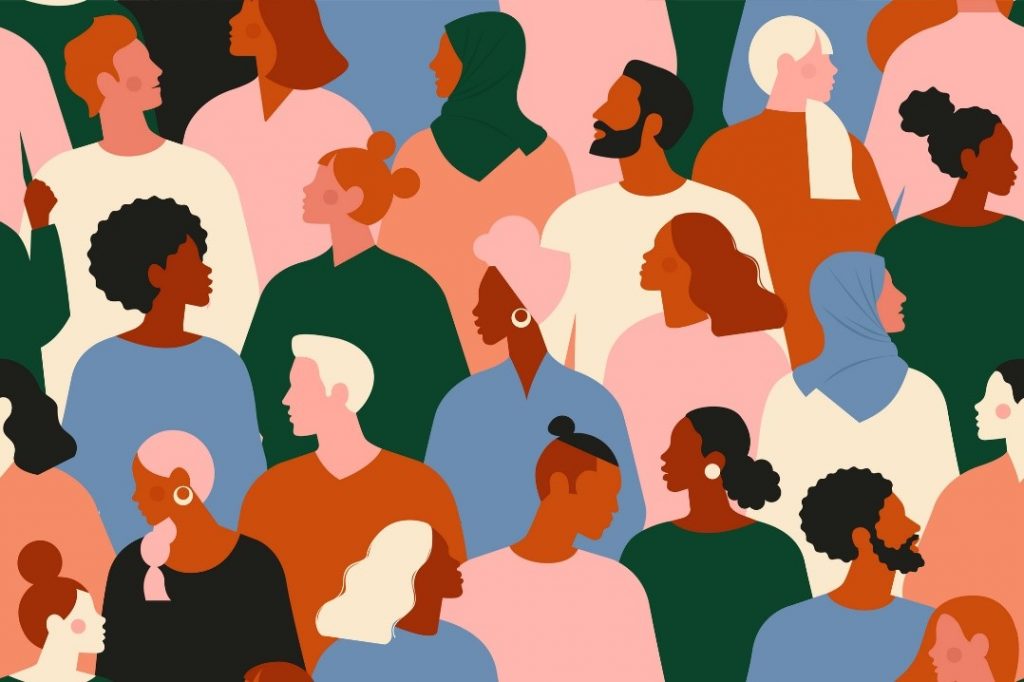
God did not create man as a “solitary being,” but wanted him to be a “social being” (cf. Gen 1:27; 2:18-20, 23). Life in society is not something “added-on” for the human person; it stems from an important dimension essential to human nature. Human beings can grow and attain their calling in life only in union with others.
Revelation teaches us that human relationships should be marked by a deep futility, since in our neighbor we see, more than an equal, the living image of God, and we have to be ready to give ourselves fully, even to the ultimate extreme, for each one. Therefore, each person is called to exist ‘for’ others, to become a gift serving and loving them. Two people are better off than one, for they can help each other succeed. If one person falls, the other can reach out and help. But someone who falls alone is in real trouble -Ecclesiastes 4: 9-10.
As a species, we are social beings who live out our lives in the company of other humans. We organize ourselves into various kinds of social groupings, such as villages, cities, and countries, in which we work, trade, play, reproduce, and interact in many other ways. Unlike other species, we combine socialization with deliberate changes in social behavior and organization over time. Therefore, a personal and collective effort is needed to develop social relationships correctly. But because of pride and selfishness however, man discovers in himself the seeds of a social behavior and impulses which leads him to close himself within his own individuality and to dominate his neighbor. Hillary Clinton once said in one of her speeches that, “we must stop thinking of the individual and start thinking of what is best for the society”.
Many different human goals exist, as well as bonds that unite people: love, ethnicity, language, country, culture, etc. Therefore, human relationships entail a wide variety of institutions and associations: the family, city, state, international community, etc. Consequently, the question of the relationship between the individual and the society is the starting point of many discussions. It is closely connected with the question of the relationship of man and society and it is in the society that an individual is surrounded and encompassed by culture, as a societal force. Hence, society has become an essential condition for human life to arise and to continue.
While we never reduce the human being to an anonymous element in society, it is good to remember that the integral development of the human person and social progress mutually influence one another. A good person can make another person good. It all means that goodness will elicit goodness in the society and other persons will also be good (Bhumibol Adulyadej)
It is important to note that some structures are opposed to the right ordering of society and make the practice of virtue more difficult and facilitate personal sins against justice, charity, chastity, etc. These structures may involve widespread immoral customs such as, political and economic corruption or unjust laws. In this context, a serious effort should be made to undo these unfavorable structures and replace them with just structures for the sake of sanity to reign in the society, so that the society will be morally guided in such a way that they will see the sanctification of their work as a necessity.




